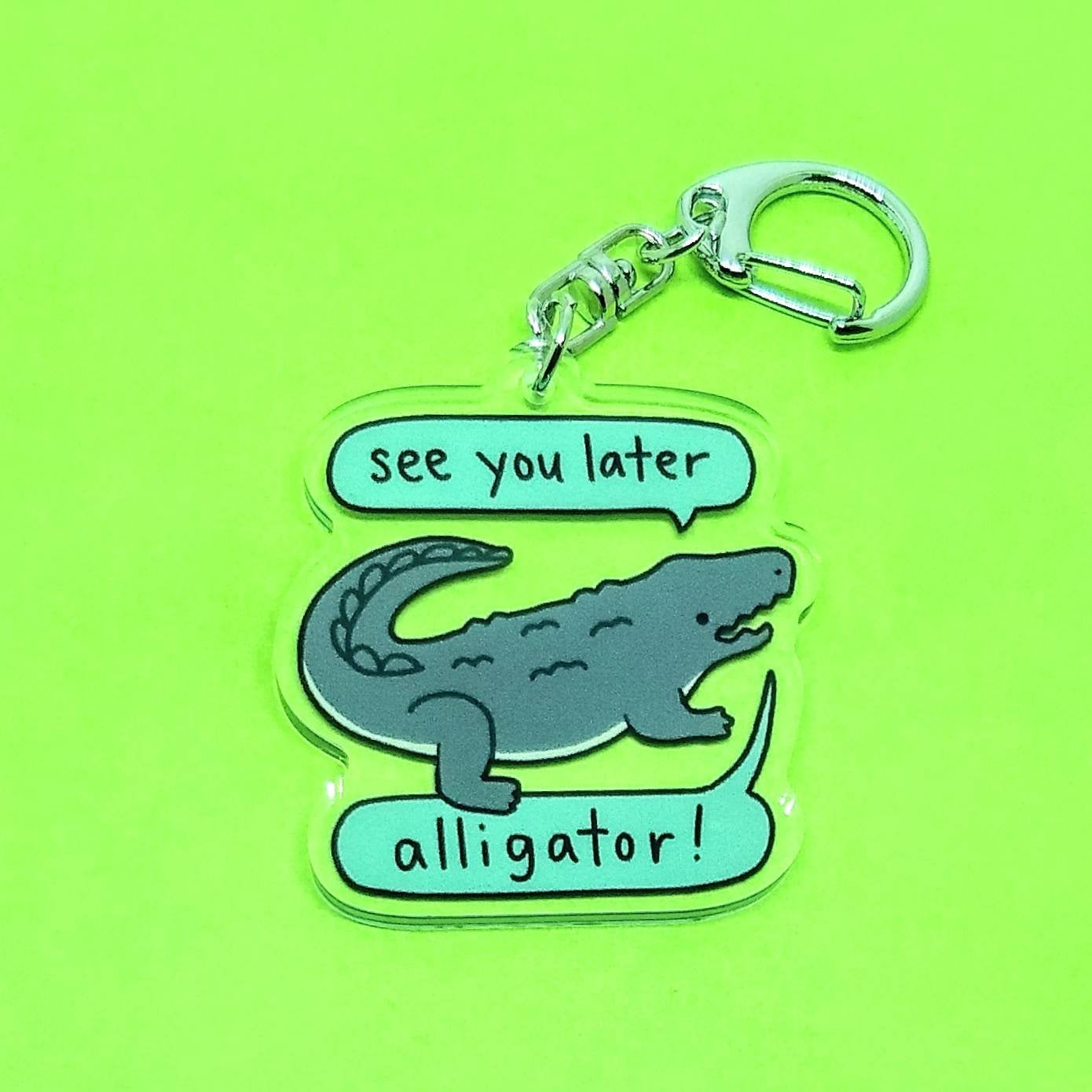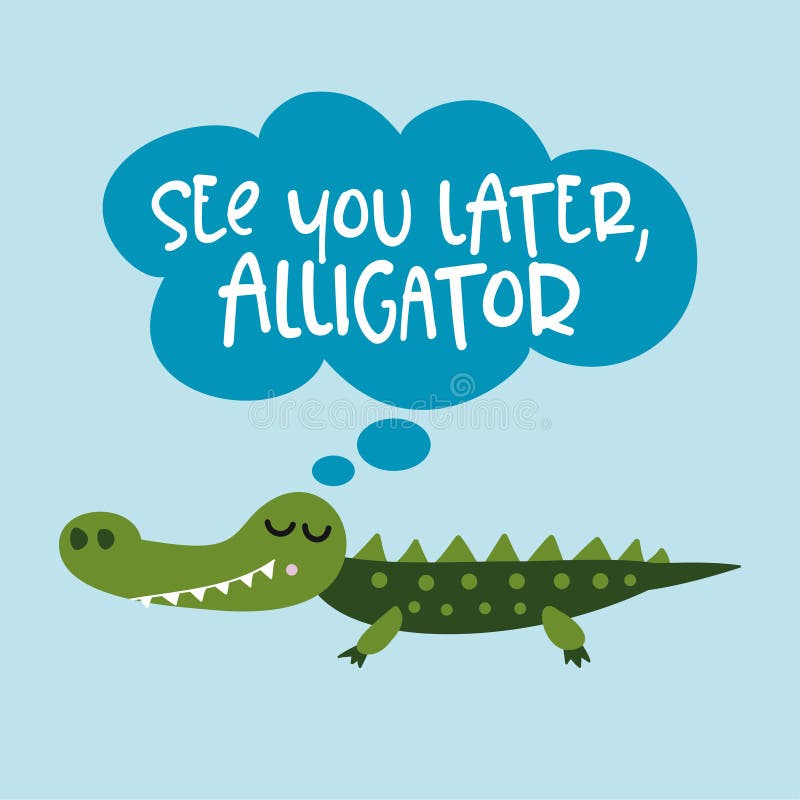

Read ’em and laugh! Wear ’em and be a leader in your crowd! These Breezy Buttons that come in packages of Armour Star Franks are real c-o-o-l. So popular was the phrase that in 1955 it was one of the twenty-four slogans printed on the badges offered by Armour Star Franks, a brand of frankfurters the following advertisement appeared in the Akron Beacon Journal (Akron, Ohio) on 14 th August of that year: In most cases names are changed for ones that rhyme. In few instances does the person addressed comply with the speaker’s demands. Rhyming expressions, which are mainly for effect rather than to convey any actual meaning, are very popular and somewhat confusing like ‘ Do you know what I mean, jellybean?’ ‘Let me have steak, Jake,’ ‘Have a piece of salami, Tommy,’ etc. The author of the article, Beulah Racklin, wrote that, additionally: “The ‘alligator’ is an all-encompassing term and relieves the party of having to recite several names.” On 28 th February 1954, The Sunday Sun (Baltimore, Maryland) published Do Kids Speak English?, in which Lester Rand, president of the Youth Research Institute, “ an organization which exclusively surveys the tastes, attitudes and buying habits of young people five through 25”, explained that youngsters develop their own talk as a way of excluding grownups about see you later, alligator, he said: See you later, alligator: meaning good-bye. Melt down and float away: meaning get lost, drop dead, or in grown-up language, go away. Here are just as few and catchphrases like:

Well the mails have brought literally hundreds of letters and postcards from youngsters all over the country. It has long been my conviction that the most effervescent and everchanging department of the American language is the subdivision labeled “Teenage slang.” So I suggested that my younger readers send in the favorite expressions of their teenage set. On 15 th February 1954, The Kansas City Times (Kansas City, Missouri) published Words, Wit and Wisdom, in which William Morris wrote: These sayings invite expressions like “see you soon, goon,” and “hit the road, toad.” And of course there’s the additional “pidgin” and Hawaiian words to dress it up.īesides the everyday “slang,” many high school students use expressions such as “toodle-oo tofu,” “so long, dai-kong,” or “ see you later, alligator.” Lots of the Hawaii-style slang can be credited to or blamed on the Mainland. The earliest instance of see you later, alligator that I have found is from Teenagers’ Slang Expressions Are Explained by Columnists, by “ Jackie and Jane, Star-Bulletin Teen Columnists”, published in the Honolulu Star-Bulletin (Honolulu, Hawaii) of 1 st May 1952: The expected response is in, or after, a while, crocodile. The colloquial see you later, alligator, which originated in American English, is a catchphrase used on parting.


 0 kommentar(er)
0 kommentar(er)
